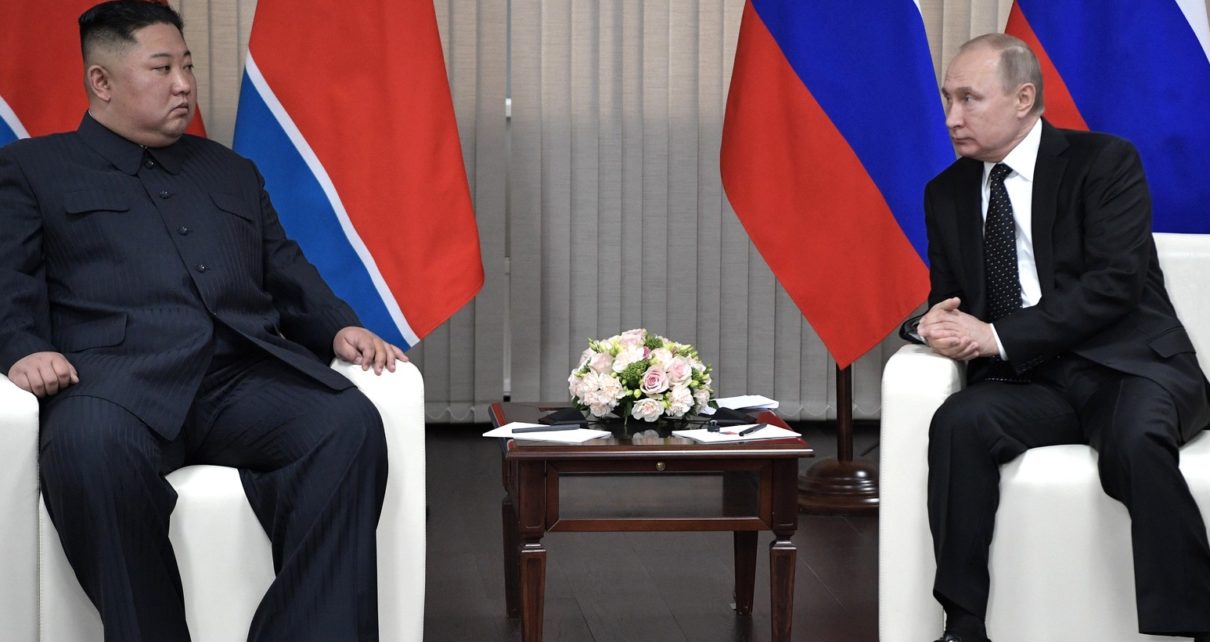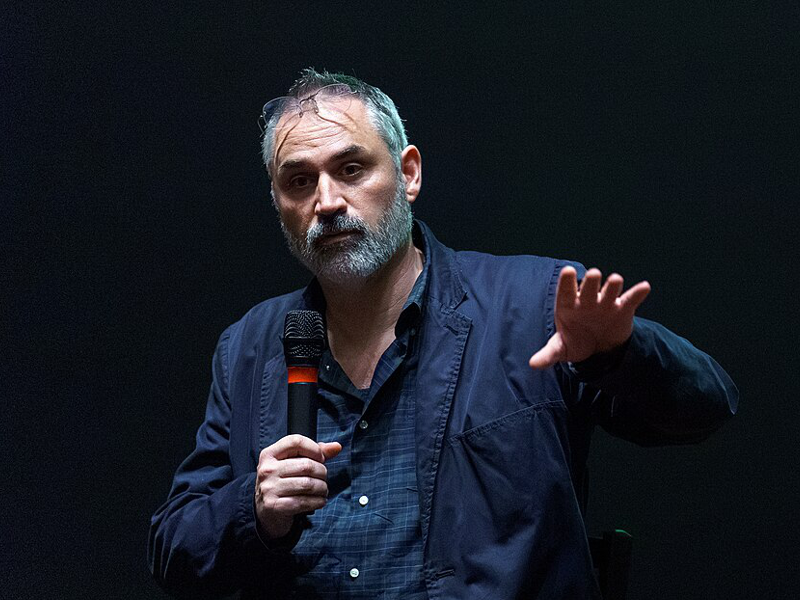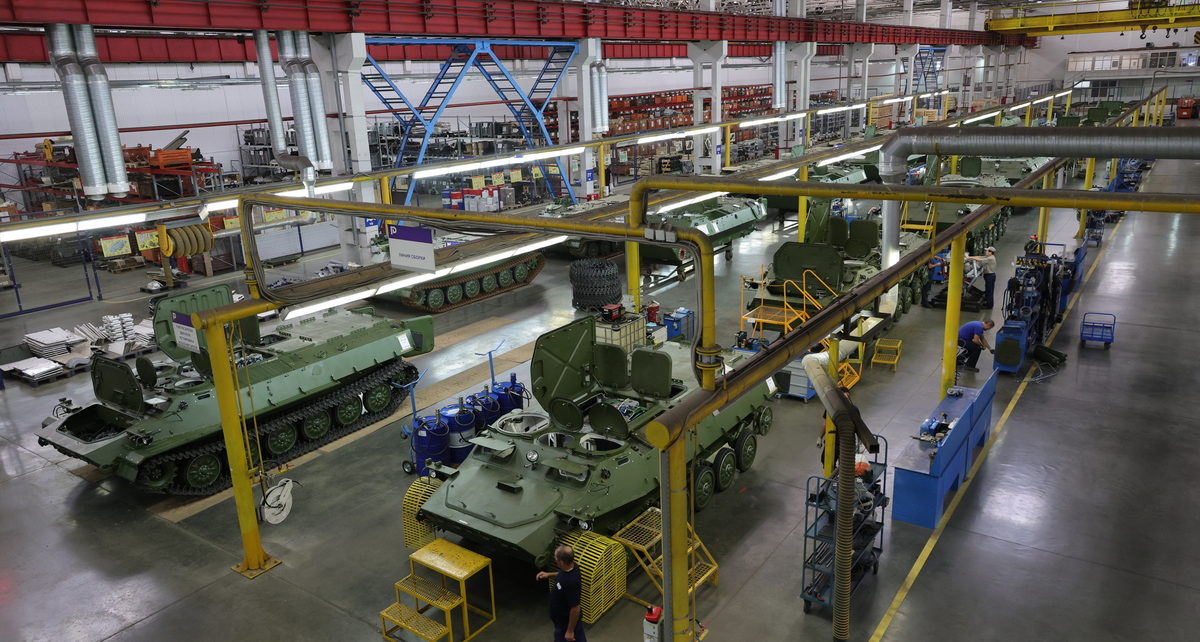According to the 2018 expert panel report on Combatting Money Laundering in BC Real Estate, money laundering activity is a rapidly growing issue in Canada. The industry, estimated to be worth $41.3 billion in 2015, grew 11.6% in only three years to an astounding $46.7 billion in 2018. In 2020, the Criminal Intelligence Service of Canada estimated that money Read More…
4. Programs
placeholder for programs
Rogue Allies: A Partnership of Desperation, Russia and North Korea
As Russia experiences growing isolation since its invasion of Ukraine, Moscow has sought to deepen its relationship with the Democratic People’s Republic of Korea (DPRK). This relationship, which had previously collapsed with the Soviet Union’s dissolution in 1991, has witnessed a prominent resurgence. The new relationship is marked by secrecy and mutual assistance aimed at Read More…
Civil War [In Review]: The Role of the War Time Journalist.
Warning: This analysis contains spoilers. “Mr. President… sir, how is your policy evolving in the use of airstrikes against American citizens?” Alex Garland’s Civil War paints a searing picture of a dystopian America caught in the throes of civil war, a country divided by warring states and military violence. While the President hides in the Read More…
What Prime Minister Justin Trudeau and the Honourable Pierre Poilievre Can Learn From a Rightwing Libertarian’s Presidential Election Victory in Argentina
Argentina’s election last autumn saw a right-wing libertarian outsider with a unique public persona, Javier Milei, defeat the sitting center-left economy minister, Sergio Massa. Since the election’s main issues were the nation’s post-COVID economic troubles, there are many lessons that this can provide for other countries that are also coming out of the pandemic, even Read More…
Less Words, More Action: How Canada Can Bolster Its Support For Hong Kong (PART 2)
Recently, Hong Kong lawmakers further contributed to the decay of democratic and civil rights in the city by passing a second bill designed to suppress dissent. The Government of Canada firmly expressed its opposition to these developments. Yet, in the absence of new substantive policy measures, its statements ring hollow. If the Government of Canada Read More…
In Review: Lessons from Longpath
“In a time that is sooner than we think, we will be [our descendants’] ancient past, their history. What will they write about us?” This is the question posed by Ari Wallach in Longpath: Becoming the Great Ancestors Our Future Needs, the author’s manifesto for advancing humanity. While Wallach’s book may fall outside the typical Read More…
Special Report: The Battle Behind the Production, Russia’s Defence Industry and the Paradigm of its Strategic Advantage in the Land Domain
Disclaimer: Any views or opinions expressed in articles are solely those of the author and do not necessarily represent the views of the NATO Association of Canada. Russia’s recent success on the battlefield has been directly influenced by the robustness of the Russian defence industry’s land-domain sector. This sector can be characterized by its focus Read More…
China’s Ascendance: Its History And Hazards – Part 3: Who Does Hong Kong Belong To? China’s Domestic Struggles
Why does Hong Kong have its own team representing it at the Olympics? Why do some Hong Kongers refuse to identify as Chinese? It is because, until this day, the international status of Hong Kong is still unclear. This has implications not only for Hong Kong, but also for mainland China’s domestic and international stability. Read More…
Which Sectors Stand to Gain From Dollarization in Argentina?
On November 19, 2023, Argentina completed its presidential election, elevating libertarian candidate Javier Milei to the role. One of his primary campaign promises was to dollarize the economy. In addition to being a bold and uncommon campaign promise, Milei’s unconventional style of campaigning (eg. smashing central bank pinadas during television interviews) was idiosyncratic and contributed Read More…
Action is Needed and Words Won’t Suffice: Why Canada Must Bolster Its Support for Hong Kong (PART 1)
The Chinese Communist Party’s (CCP) most recent attempt at forcibly reshaping Hong Kong in its own image occurred on March 19th, 2024, when the Government of Hong Kong passed The Safeguarding National Security Bill (Safeguarding Security Bill). The Bill reinforces The Law of the People’s Republic of China on Safeguarding National Security in the Hong Read More…










